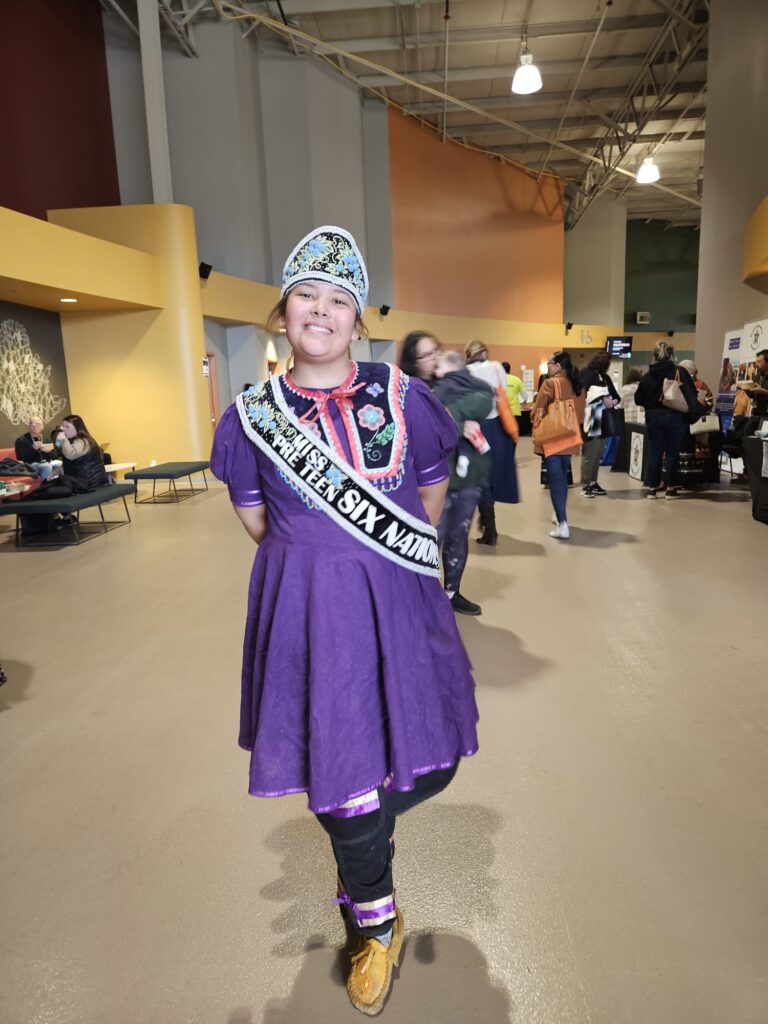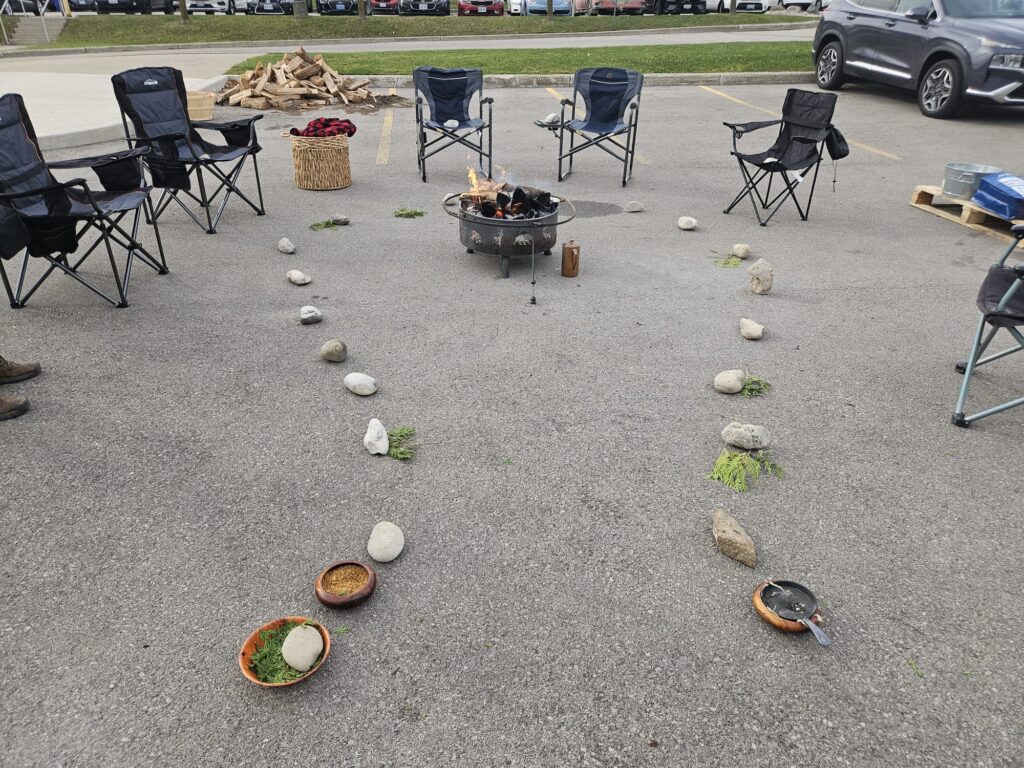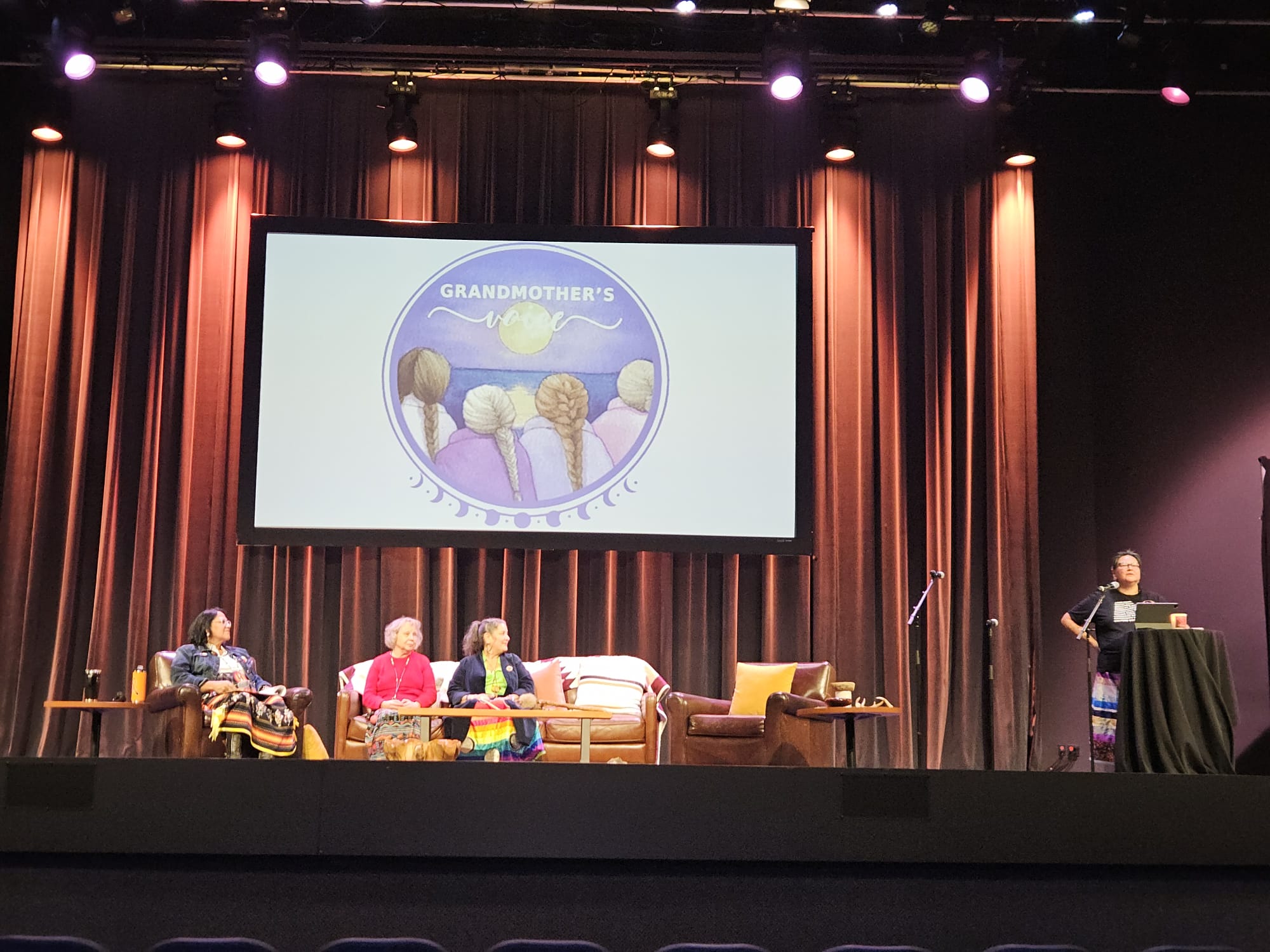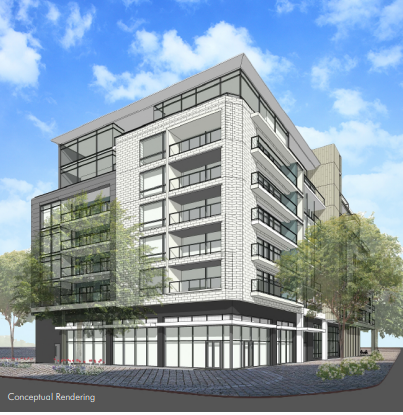By Kezia Royer-Burkett, Local Journalism Initiative Reporter
The Grandmother’s Voice conference, Truth with Reconciliation: A Healing Framework, recently united Indigenous elders, service providers, healthcare practitioners, educators, and more from across Ontario in Halton, often referred to as “the heart of Ontario.” This transformative two-day event emphasized the power of storytelling, lived experiences, cultural education, and healing practices while advocating for an Indigenous-owned space dedicated to healing and learning.
The conference featured keynote speakers Zoongwebines (Dennis Windego), Waabishki Mazinazoot Michtaatim (Allen Sutherland), Faith Hale, and Samantha Doxtator. Each brought profound teachings rooted in Indigenous traditions, sharing stories and cultural perspectives that resonated deeply with attendees.


Sutherland recounted the journey of a young boy sent on a spiritual quest to meet the Seven Grandfathers, who imparted teachings about purpose and tools for healing.
“Your lived experience is a teaching,” he explained, “something you bring back to your people. These tools and teachings help us in difficult times, especially when we feel helpless.”
Windego shared the story of the Thunderbird, a spiritual messenger embodying strength, vision, and endurance. The tale highlighted the need for all living beings — those that swim, fly, walk, and crawl — to reconcile and coexist harmoniously.
“When you hear thunder and see lightning, it’s the Thunderbird delivering a message,” Windego said. “It reminds us of something we need to change, teach, or correct.”
The conference was not only a space for reflection but also a platform for actionable steps toward reconciliation. Jody Harbour, co-founder of Grandmother’s Voice, articulated the vision of establishing a learning lodge in Halton, highlighting the critical need for a permanent space for cultural preservation and healing.
“For over five years, Grandmother’s Voice has been uniting urban Indigenous voices to show that we live in this region,” Harbour said. “Without visibility, resources don’t come, and service providers lack the education to support us.”
Harbour explained, “We deserve a lodge where elders can gather, transfer knowledge, and help our people be well.” While the group currently has access to a temporary space at the Meeting House, plans for a dedicated lodge with surrounding land for healing and education are already underway.


Participants traveled from as far as Windsor, Thunder Bay, and Quebec, eager to engage with the elders and knowledge keepers present. Before entering the Meeting Place, attendees were invited to take part in a healing ritual steeped in Indigenous tradition. David Grey Eagle (David Sanford) described the significance of the rocks encircling the sacred fire: “The rocks surrounding this sacred fire are the grandfathers. This is our version of church. You pick up tobacco and cedar in your left hand, walk around the fire, follow the path of rocks, and when you are ready, you drop the tobacco and cedar into the fire. Your prayers are sent up to the ancestors, or heaven, as some people call it.”
Workshops covered a range of topics, from the traumatic impact of the Sixties Scoop to the restorative power of sweat lodges. Dr. Magdalena Smolewski emphasized the importance of sustained practice in Indigenous traditions, noting, “Healing is a contagious and communal process. You must practice, practice, practice, then do it again.”
The sense of community was tangible as attendees shared meals of taco salads and freshly grilled burgers. Donations collected for the Six Nations Food Bank further reinforced the event’s spirit of giving and solidarity.
Reflecting on the conference’s success, Harbour said, “This event showed that our vision is achievable. Healing is a journey, and it begins with understanding, teaching, and action.”
With plans already in motion for their spring conference, Grandmother’s Voice remains committed to its mission of educating and empowering both Indigenous and non-Indigenous communities, laying the foundation for a brighter, reconciled future for all.
Says Harbour, “Nia wen: Thank you to all who attended and contributed to this transformative gathering.”




